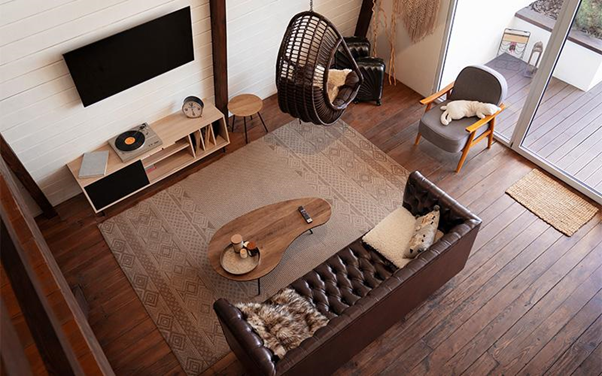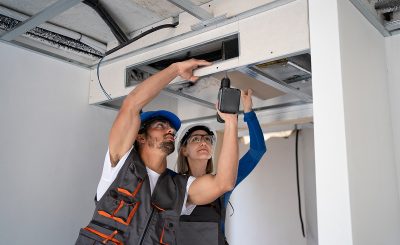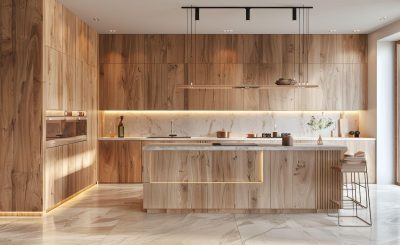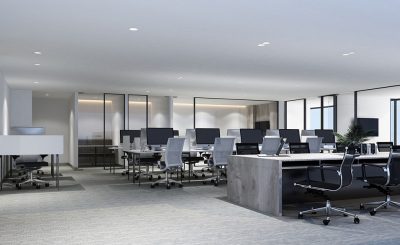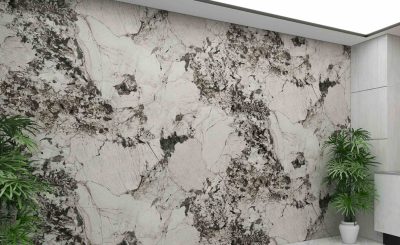Coffee tables are often overlooked when arranging home furniture in Singapore. However, their position within the living room can significantly affect the energy flow—or “qi”—according to Feng Shui principles. In small urban apartments, the proper coffee table arrangement can make a significant impact on both harmony and function.
Learn the practical Feng Shui implications of where and how you arrange your coffee table, as well as why residents should pay attention.
The Role of the Coffee Table in Energy Flow
The living room, in Feng Shui, is considered the heart of a home’s energy circulation. A coffee table, sitting at the centre of the communal area, acts as a grounding element. Placing it too close to seating areas can restrict movement and block energy flow. The sense of unity is disrupted if it’s too far away. Ideally, the coffee table should allow comfortable access without crowding the space—typically leaving at least 45 cm of clearance from surrounding furniture.
This balance is especially important in many local homes where space is a constraint. Homeowners often try to maximise floor area, but a poorly placed table may unintentionally obstruct circulation and create a feeling of discomfort or congestion.
Shape and Material Matter More Than You Think
Not all coffee tables are created equal. Feng Shui theory favours specific shapes and materials over others. Rounded or oval coffee tables are preferred over sharp-edged square or rectangular ones, as they promote smoother energy flow and reduce aggressive “sha qi” (cutting energy). Glass tables can make a space feel open, but may also create instability or a feeling of fragility.
Many residents often opt for modern or multifunctional designs. While stylish, they should still align with Feng Shui basics. Wooden coffee tables are ideal for introducing grounding energy, while those with heavy metal structures may give off a “cold” vibe that can unsettle the living space.
Centre Placement Isn’t Always Best
Contrary to what many believe, placing the coffee table dead centre isn’t always ideal. In fact, having it slightly off-centre—yet still aligned with the room flow—can encourage a more dynamic, less stagnant environment. The coffee table should work in tandem with other pieces of home furniture, such as the sofa and TV console, to create a cohesive energy loop rather than an energy dead zone.
Many residents in smaller flats push furniture against the wall to free up the centre, but Feng Shui suggests that there should be some breathing space behind key pieces. The coffee table should not be an obstruction in this layout but rather a functional anchor point that complements movement.
Avoid Clutter to Maintain Clarity
One of the simplest ways to enhance the Feng Shui of a coffee table is to keep it clutter-free. Excess items on the surface trap stagnant energy. Instead, decorate with intention—such as a small plant for vitality, a stack of books for wisdom, or a bowl of fruit for prosperity. Storage coffee tables are a practical solution, but be cautious of stuffing them to the brim. The hidden clutter can still impact the energy flow indirectly.
Homeowners should treat the coffee table as an extension of their lifestyle and energy, not just a dumping ground for remotes, receipts, and takeaway containers.
Alignment with the Rest of the Home Furniture
The coffee table doesn’t exist in isolation. It needs to complement other pieces of home furniture for proper energy alignment. For instance, it should not tower over the sofa, as this creates a sense of imbalance. Likewise, its design should harmonise with the overall interior theme—too much contrast leads to disharmony.
Opt for a sleek, low-profile coffee table if the living room furniture is minimalist. A heavier, grounded table works better if it’s more traditional or ornate. Either way, balance is key. Everything in the room should support—not compete with—the flow of qi.
Conclusion
Furniture placement is more than just a visual decision, particularly in a city like Singapore, where every square metre counts. The coffee table, a seemingly simple component, can significantly impact the dynamic and functional flow of a home. Homeowners can improve their space for both comfort and positive energy by incorporating Feng Shui concepts into its placement, shape, and arrangement.
Don’t overlook the centre of your living room. Minor adjustments to your coffee table could lead to a more peaceful, balanced home environment.
Contact Soul & Tables and let us help you refresh your living space with intention.


